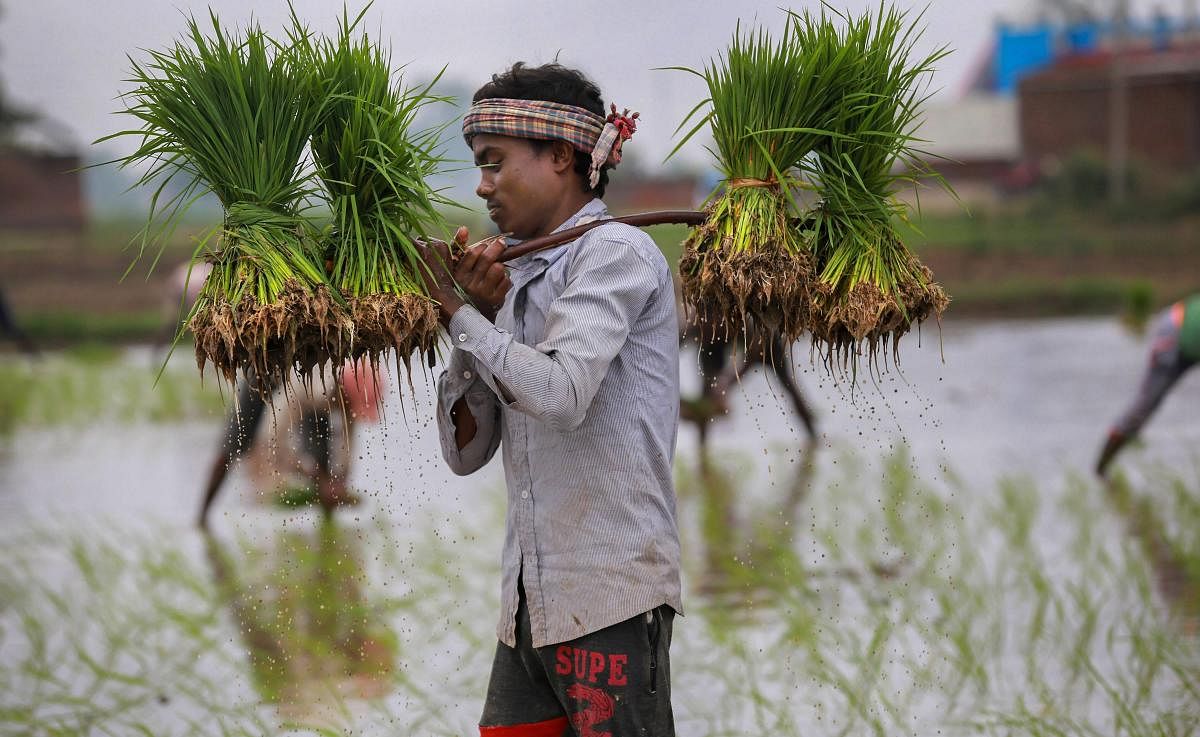
The Modi government has announced a hike in the minimum support prices (MSP) of kharif crops, ranging from 3.7% for urad to 52.5% for ragi. It is as much as 50% for paddy, which is the main crop. Leaders of the government and the BJP have taken credit for the decision, with Prime Minister Narendra Modi describing it as historic. He has claimed that with the decision, he has fulfilled his promise to pay farmers a price of at least 150% of the cost of production. But, on scrutiny, it turns out to be hype and a case of the government patting itself on the back for doing something too little, too late and for too few. The timing of the hike is significant. It comes when assembly elections are in sight in three BJP-ruled states, where governments face anti-incumbency sentiments and farmers’ anger. The Modi government also has to face elections next year, and it has been losing ground with farmers across the country. So, the MSP price hike announcement is largely an election gimmick.
The claims are not correct either. Farmers’ associations have pointed out that the 150% of the cost of production, claimed to be reflected in the MSP, does not cover the cost of land. That is why, the MSP for paddy has gone up by only Rs 200 per quintal from Rs 1,550 to Rs 1,750, or just Rs 2 per kg. If the hike were in accordance with the Swaminathan Committee report, the hike in absolute terms should have been Rs 750 per quintal. Modi came to power on the promise that he would ensure farmers are not dependent on loan waivers, MSP and doles. He had also promised to implement reforms that would double farmers’ incomes by 2022. But no reforms have been seen till now. Farmers do not get the right price because they are dependent on middlemen and agricultural produce marketing committees (APMC) to sell their produce. The government has gone on the familiar populist path of doles and subsidies to win the upcoming elections.
The MSP announced will not help all farmers. Though they cover 14 commodities, they benefit only paddy and wheat farmers, for which there is guaranteed procurement. There is no assured procurement for crops like ragi and jowar. The actual procurement is low even for crops like paddy, and it is estimated that less than one-third of the paddy and wheat produce is procured. Most farmers sell their produce at prices much lower than the MSP. High MSPs help middlemen more than farmers in the case of many crops. The only way to help farmers is through reforms. Give farmers pricing power, create better irrigation facilities and post-harvest infrastructure, extension services and marketing facilities.